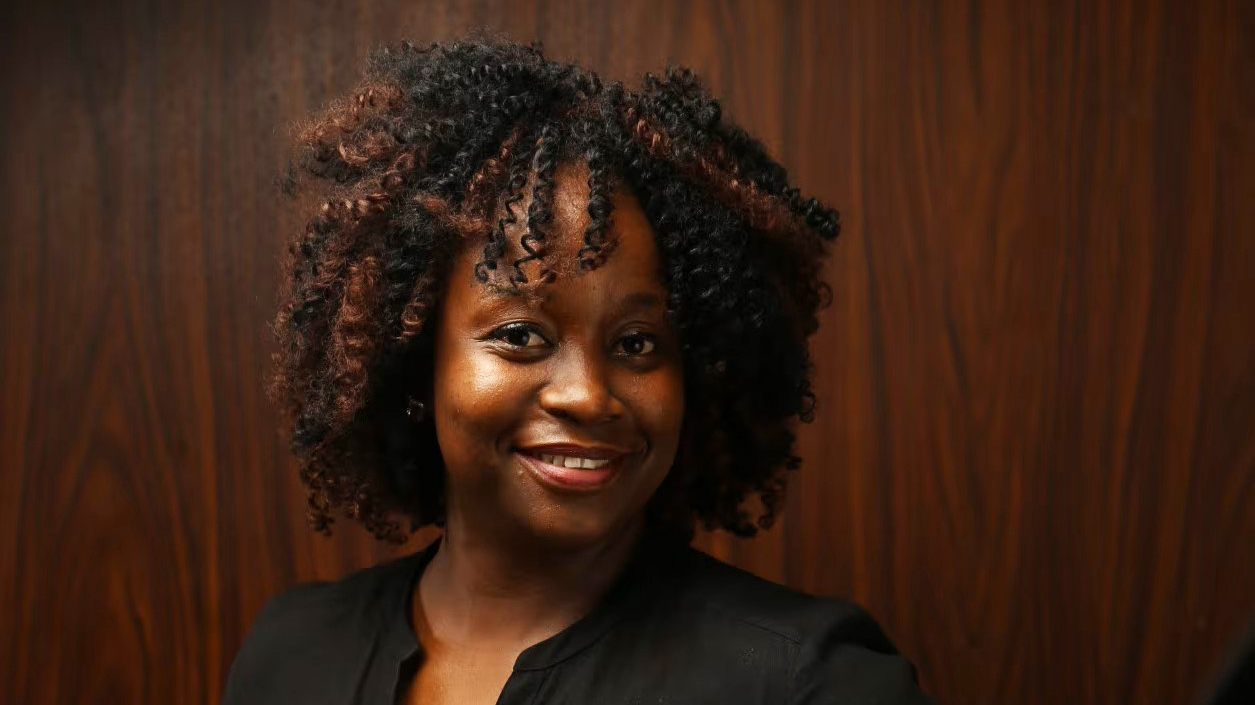Human Rights lawyer, Tsema Ede, has suggested looking into how media professionals and civil society organisations can maximise Artificial Intelligence (AI) to protect freedom of expression and the civic space.
Ede spoke at the Journalism and Society conversations hosted by the Wole Soyinka Centre for Investigative Journalism (WSCIJ). Themed, ‘Nigeria @ 65, the unfinished business of freedom,’ other speakers include, Chief lecturer Nigerian Institute of Journalism NIJ, Jide Johnson, and Country Director Amnesty International, Isa Sanusi.
Moderated by broadcast journalist Sharon Ijasan, the event was held on X Space. To Ede, “whoever wants to overthrow the liberty of a nation must begin with freedom of speech. We have one of the most stable democracies in the region. Since 1999, we have been able to transition from one government to another. The government finds new laws to push back freedom of expression. Because a journalist tells a story that is distasteful gives state actors no right to arrest or bully them. This threatens our democracy.
“The right to freedom of expression is guaranteed by the constitution. We must also ensure media houses protect their journalists. I feel media houses are not protecting their journalists enough and when there is push back, they are left in the dark. The biggest worry is impunity against journalist. Our democracy has to work. We have to jealously guard freedom of expression. We must ensure there is justice to every abuse on our democracy.
“We must also test our court systems. We also have the Economic Community of West African States ECOWAS courts. Journalists must find partnerships with the Nigerian Bar Association. We should leverage partnerships, locally and internationally. We should look at how we can leverage AI to protect freedom of expression and civic space. We must also educate the citizens on the importance of journalism to the society.”
Speaking in a similar vein, Johnson noted there is a Siamese relationship between journalism and democracy. Saying the Fourth Republic is the first time professionals in the media industry have direct access to power, he, however, observed, “we have seen a trend towards over commercialisation of the public sphere and it is those that have the means and wherewithal that now have access to the media space.
They are those whose voices are heard. Dissenting voices are not given such opportunity.” In conclusion, he advocated educating the masses about politics and policies of the government.
To Sanusi, there can never be democracy without freedom. Globally, he observed, “we are seeing a growing trend on attack on freedom. Freedom of expression is the most attacked across the globe. Everyday, we receive report where members of Department of State Security DSS or police are used by politicians to arrest people for posting on social media. The leaders and security agencies must realise the world has changed. We must encourage leaders to prioritise accountability and respect the wish of the people. We have to ensure governance in Nigeria works for everybody, not for a few people. Anybody going into politics must ensure he is subject to scrutiny. We must also emphasise on protecting the media because without the media, there is no way we can have freedom.”
In conclusion, he urged Nigerians to be optimistic, adding, “we must all be hopeful. Gradually, we’ll have the change we deserve so that Nigeria can be better in our lifetime.”
Veteran broadcast journalist, Bimbo Oloyede looked at possibility of the Nigerian Union of Journalists NUJ and Amnesty international working together so that every journalist understand there is already a system in place so they will know who will be responsible for their legal representation.
To her, “it may be adhoc than a proper structure or system. It will make journalists feel safer.”In her remarks, Executive Director/ Chief Executive Officer WSCIJ, Motunrayo Alaka, noted, “there is freedom of speech but quite a number of times, there is no freedom after speech and there are cases of self censorship. As a country, we have made some progress in terms of where we were some years ago and today. In terms of the press, we had cases of soldiers going into media organisation and shutting them down for some years, but we’ve made some progress. However there are lots of gaps, we have many unfinished business as a country. We must also teach people to demand. We’ve had direct engagement with police and national security advisers. We are pushing to ensure Nigerians enjoy the freedom they deserve. We also need our institution to be strengthened. We must get to a situation where picking up a journalist is an aberration. We also provide mental health support. On October 29, we are launching the third edition of our journalism and civic space report.”






